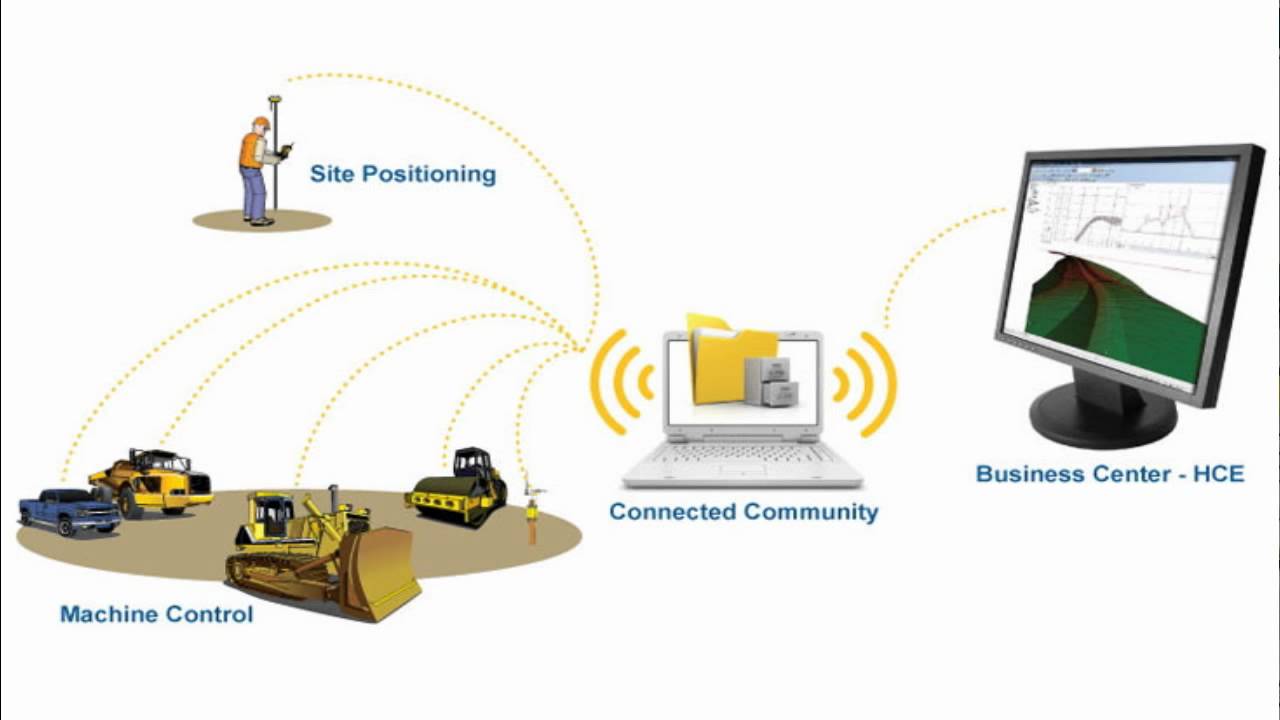A robust business plan is essential for any real estate development venture. It serves as a roadmap, guiding investors, developers, and stakeholders through the entire project lifecycle. In this blog post, we will explore the key elements of a real estate development business plan and highlight its importance in achieving success in this highly competitive industry.
Contents
Executive Summary
The executive summary acts as an introduction to your real estate development business plan. It should concisely convey your vision, mission, and highlight the unique aspects of your development project. Provide an overview of the market, target audience, and financial projections to give potential investors a snapshot of your project’s profitability.
Read Also: Business Operating Plan Template A Guide to Building a Comprehensive Plan
Company Overview
This section should detail your company’s background, including its history, mission statement, strategic goals, and organizational structure. Describe your team’s expertise and experience in real estate development, highlighting any track records of successful projects.
Market Analysis
Conduct thorough market research to understand the current real estate landscape. Analyze market trends, demand and supply dynamics, and pricing patterns. Identify your target audience, including their preferences, demographics, and buying behavior. Evaluate the competitive landscape, understanding the strengths and weaknesses of your competitors, and how your development project will stand out.
Development Strategy
Outline your development strategy, including project location, type, and specific goals. Define the scope, scale, and timeline of your project. Describe the development processes, such as land acquisition, design, permits, construction, and marketing.
Read Also: Developing a Powerful Navsea Strategic Business Plan A Step-by-Step Guide
Financial Projections
Develop a comprehensive financial plan that outlines the expected costs, revenue sources, and profitability of your project. Include detailed cost estimates for land acquisition, development expenses, construction, marketing, and sales. Project revenue based on market demand and pricing. Create cash flow projections, balance sheets, and income statements to demonstrate the financial feasibility of your project.
Marketing and Sales Strategy
Define your marketing and sales strategy to attract potential buyers or tenants. Identify the target market segments and outline the tactics and channels you will use to reach them effectively. Develop a pricing strategy and determine the appropriate marketing budget.
Risk Management
Identify potential risks and challenges associated with your real estate development project. This could include factors such as changing market conditions, delays in construction, regulatory hurdles, or changes in financing availability. Develop contingency plans and risk mitigation strategies to address these challenges.
Read Also: A Comprehensive Guide to Writing a Web Development Business Plan
Implementation Plan
Outline the step-by-step plan for executing your real estate development project. Include key milestones, their timelines, and the resources required for each phase. Assign responsibilities to team members and monitor progress regularly to ensure timely completion.
A well-crafted real estate development business plan is crucial for success in the competitive real estate industry. It provides a clear roadmap, demonstrating the viability and profitability of your project to potential investors and stakeholders. By following the key elements outlined in this blog post, you can create a comprehensive business plan that aligns your vision with market opportunities, manages risks, and maximizes returns on your real estate development venture. Remember, the business plan is a dynamic document that should be regularly reviewed and updated to adapt to changing market conditions and project requirements.










